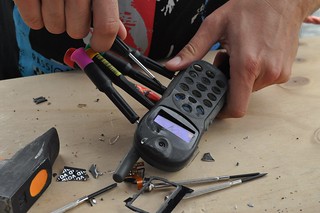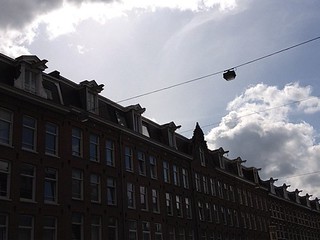 I step onto a metro or tram in Amsterdam and I swipe my transport card. This card has my photo and an RFID chip with personal information about who I am and where I live. I swipe the card again upon exit, as per the rules, which goes onto a database that contains information about the duration of my ride, the cost, and locations.
I step onto a metro or tram in Amsterdam and I swipe my transport card. This card has my photo and an RFID chip with personal information about who I am and where I live. I swipe the card again upon exit, as per the rules, which goes onto a database that contains information about the duration of my ride, the cost, and locations.
I go buy bread at my favorite local bakery and the sign next to the cash register reads “debit only”, so i swipe my bank card. The organic supermarket has the same policy, again, after I get the groceries I need, the card gets swiped. Again, somewhere a record is kept about what store I went to and how much I spent.
As a dedicated podcasting journalist, I am also considered a one-person business in the eyes of the government, a freelancer. Like people all over the world, when I get paid there is a record of it. When I file taxes, they want to see my bank account, how much went in, how much went out, from where, to where. Despite the fact that in my line of work these numbers are all very tiny, the tax authorities still shower me with paperwork, regulations, and warnings, every year.
There’s nothing revolutionary or really underhanded about the reality Im describing to you… this is regular life in much of the developed world. This system exists for a reason (or reasons) and to my knowledge there is no real alternative other than behavior that would require me to frantically hide from authorities.
That old cliché comes to mind whenever I step back and look at how this all works “If you have nothing to hide then you have nothing to fear.” This is part of the logic that has helped usher in the era of intrusive but convenient automation and monitoring. Even writing these words means I risk being seen as a cynic or wasting my time trying to critique a cultural shift that will not be reversed.
But to be perfectly honest, no matter how many cards I swipe, no matter how many records and receipts I hand over the the authorities, and no matter how little I have to hide, the poking and the prodding never ceases. It is all supposed to be here to serve the public and help create a stable civic life, but often the system seems to be more focused on beating us down more than building us up.
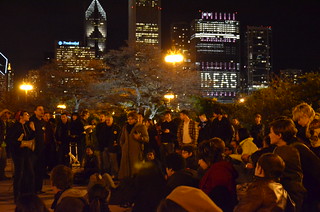
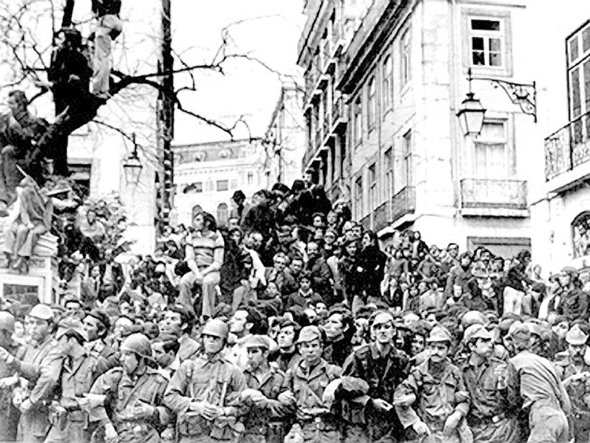
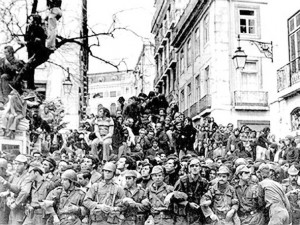
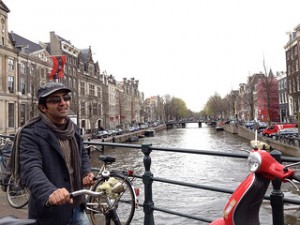
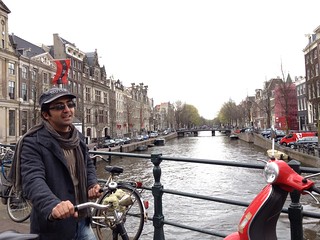
 I step onto a metro or tram in Amsterdam and I swipe my transport card. This card has my photo and an RFID chip with personal information about who I am and where I live. I swipe the card again upon exit, as per the rules, which goes onto a database that contains information about the duration of my ride, the cost, and locations.
I step onto a metro or tram in Amsterdam and I swipe my transport card. This card has my photo and an RFID chip with personal information about who I am and where I live. I swipe the card again upon exit, as per the rules, which goes onto a database that contains information about the duration of my ride, the cost, and locations.